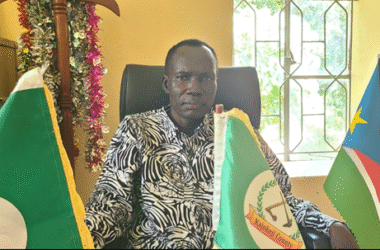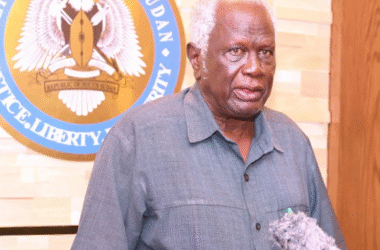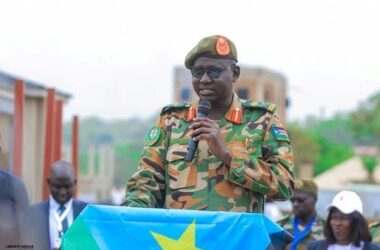By Manas James Okony
Two brothers were shot dead in a revenge attack in Duk County of Jonglei State, highlighting a recycling violence afflicting the area.
The attack that took place in Duk Padiet town, involved longstanding rival factions from Manhol and Dukuer sections of Angach community.
The victims, only identified as a 22-year-old man and his younger brother, were ambushed while returning home.
Duk County Commissioner, John Chatim reported that the assailants from Manhol section, sought revenge for the death of their son which happened in a prior conflict, last August.
“Those killed were from Dukuer. They were ambushed and shot by individuals from Manhol in retaliation for their son’ death, whom they believed was killed by Dukuer members,” Chatim explained in an interview with No. 1 Citizen Daily Newspaper.
The commissioner announced that an investigation into the killings has commenced.
He called for calm among the conflicting groups, stressing the urgent need for peace within the community.
“We encourage both rival factions to remain calm as we investigate this incident. The perpetrators are still at large, but we are actively working to apprehend them,” Chatim stated.
The violence stems from deep-seated ethnic tensions and a culture of retribution that has long plagued Jonglei State.
Local communities frequently find themselves trapped in cycles of retaliatory violence, exacerbated by the easy access to firearms among civilians.
Such revenge attacks often escalate disputes over resources like cattle or land into deadly encounters.
Jonglei, one of South Sudan’s largest and most populous states, is marked by a long history of intercommunal conflict driven by social divisions and competition for limited resources.
The proliferation of firearms in these traditional disputes has intensified the violence, complicating efforts to achieve peaceful resolutions.
Many communities remain ensnared in a relentless cycle of revenge, where historical grievances perpetuate ongoing bloodshed.
As the investigation progresses, authorities face the dual challenge of addressing the immediate consequences of this attack and tackling the deeper societal issues that fuel such tragedies.
Civil society activists have urged community leaders and officials to engage in dialogue and implement peace-building initiatives to disrupt this cycle and avert further violence in the troubled area.



